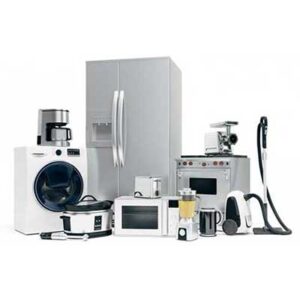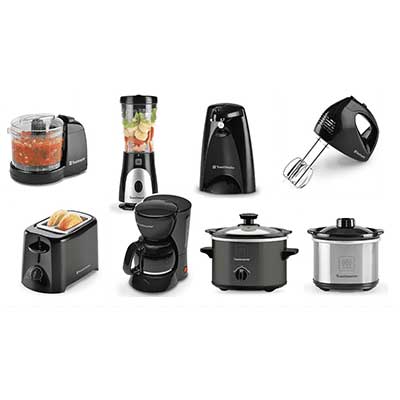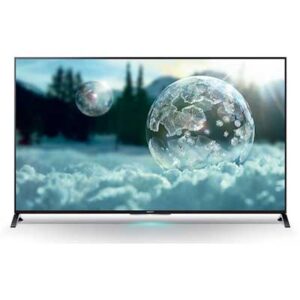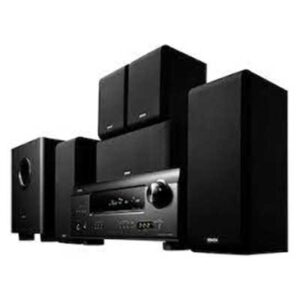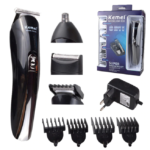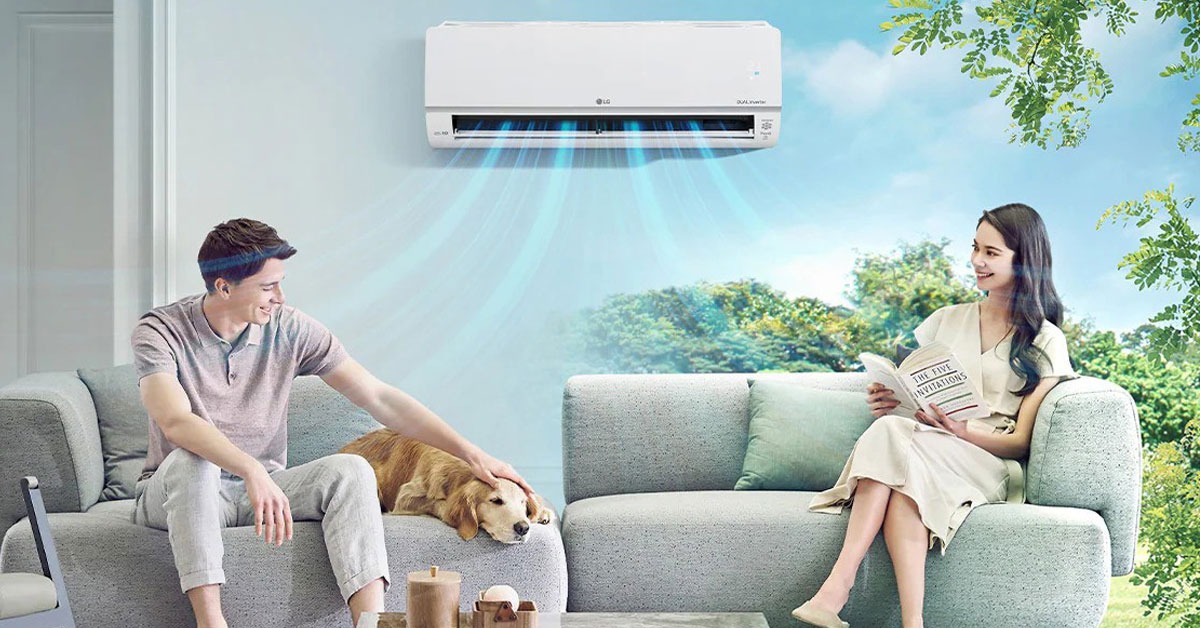No products in the cart.
Optimizing Cooling: How Long Should Your Air Conditioner Run?
Introduction:
Our dependable air conditioners save the day during the intense summer heat by shielding us from the unrelenting sun. But have you ever questioned how long your air conditioner should run in the pursuit of comfort? Finding the ideal balance is crucial for the longevity of your cooling system as well as your energy costs. In this article, we’ll examine the variables that affect your air conditioner’s ideal runtime and offer advice on how to increase efficiency without sacrificing comfort.
Understanding Air Conditioner Runtime:
Some variables, such as the outside temperature, humidity levels, your home’s insulation, and the size and effectiveness of your cooling system, affect how long your air conditioners runs. To fully grasp how these factors affect the runtime of your air conditioner, let’s examine each of them in more detail.
Outdoor Temperature:
One of the main factors affecting how long your air conditioner must run is the outside temperature. Your air conditioner might have to work harder during the sweltering summer months to keep the interior temperature bearable. You can better predict the runtime needs of your cooling system by being aware of the temperature trends in your area.
Humidity Levels:
Our perception of temperature is greatly influenced by humidity. Increased pain results from the air feeling warmer due to higher humidity levels. Air conditioners frequently need to operate longer in humid climates to chill the air and remove humidity. Purchasing a dehumidifier will help your air conditioner work more efficiently and possibly cut down on runtime.
Home Insulation:
Your home’s ability to hold onto cool air is directly impacted by its insulation. Your air conditioners will need to work more to maintain a pleasant temperature in a well-insulated home, which can shorten its duration. Assess and enhance the insulation in your house to establish a climate that supports effective cooling.
AC Size and Efficiency:
Two important variables affecting your air conditioner’s runtime are its size and efficiency. An undersized unit can find it difficult to cool your room, which could result in longer operation hours and possible wear and tear. On the other hand, an overly large air conditioner may result in numerous on-off cycles, which lowers efficiency and raises energy usage. To get the most out of your cooling system, select an appropriately sized and energy-efficient unit.
Tips for Optimizing Air Conditioners Runtime:
After looking at the variables that affect an air conditioner’s runtime, let’s talk about some useful advice for maximizing cooling efficiency:
Programmable Thermostats: Purchase a programmable thermostat to adjust temperature regimens according to your daily schedule. This enables your air conditioner to operate more effectively when required and to use less energy when the room is empty or the temperature is lower.
Regular Maintenance: Make time for your air conditioning system’s routine maintenance. Check refrigerant levels, clean or replace air filters, and make sure all parts are in good operating order. Extended runtime is not necessary for a well-maintained unit because it functions more effectively.
Seal Air Leaks: To stop cool air from escaping, look for air leaks in your house and seal them. By doing this, you can prevent your air conditioner from having to operate longer to make up for the loss.
Use Fans Wisely: By more efficiently circulating cold air, ceiling, and floor fans can enhance your air conditioners. You can set your thermostat slightly higher without losing comfort by using fans strategically to generate a more uniform flow of air.
Think About Zoning Systems: If you can, spend money on a zoning system that will let you regulate the temperature in various rooms of your house separately. In this manner, you can concentrate cooling efforts where they are most required, which may result in a runtime reduction overall.
Invest in a Smart Thermostat Upgrade: Advanced capabilities of smart thermostats include the ability to recognize your preferences and modify settings accordingly. Along with insights into your energy use, they can assist you in making decisions that will maximize the efficiency of your cooling system.
Conclusion:
Maximizing the lifespan of your air conditioners contributes to more than just lowering energy costs—it also helps you create a cozy and environmentally friendly home. You may achieve the ideal balance between comfort and affordability by comprehending the variables that affect how long your air conditioner should operate and putting helpful efficiency recommendations into practice. Remember, the secret to having a cool and comfortable interior space all through the hot summer months is having a well-maintained and appropriately sized cooling system.

